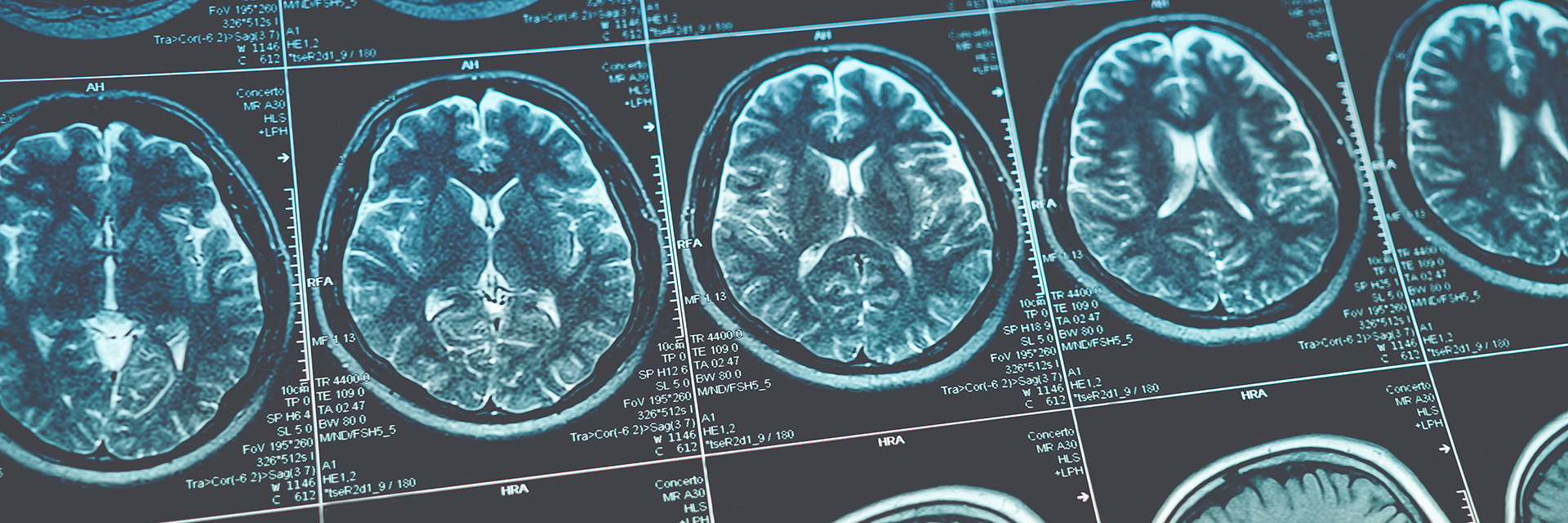Cerebral Palsy Injuries Caused by Hypoxic-Ischemic Encephalopathy (HIE) in Illinois
The birth of a child should be a joyous event, but complications such as Hypoxic-Ischemic Encephalopathy (HIE) can turn it into a devastating experience for families. HIE is a serious brain injury caused by oxygen deprivation and limited blood flow to a baby’s brain during or shortly after birth. When HIE occurs due to medical negligence, the consequences can include lifelong conditions like cerebral palsy.
Families in Illinois who have experienced this tragedy may be entitled to seek justice and compensation. This page provides essential information about HIE, its connection to cerebral palsy, and the legal rights of Illinois families.
SCHEDULE A FREE CEREBRAL PALSY INJURY LAWYER CONSULTATION TODAY
What Is Hypoxic-Ischemic Encephalopathy (HIE)?
HIE is a type of brain injury that occurs when a baby’s brain does not receive enough oxygen and blood. This condition can lead to permanent brain damage and is one of the leading causes of cerebral palsy, developmental delays, and other neurological disorders.
Causes of HIE
HIE often results from complications during labor and delivery, including:
- Umbilical Cord Problems: Cord prolapse, knots, or compression that restrict oxygen flow.
- Prolonged Labor: Delays in delivery increase the risk of oxygen deprivation.
- Placental Abruption: Premature separation of the placenta from the uterus.
- Uterine Rupture: A tear in the uterus that disrupts oxygen supply.
- Maternal Hypotension or Hypertension: Irregular blood pressure affecting placental blood flow.
- Failure to Address Fetal Distress: Ignoring abnormal fetal heart rate patterns.
When healthcare providers fail to recognize and address these complications, the risk of HIE and related conditions increases.
How Does HIE Lead to Cerebral Palsy?
Cerebral palsy is often caused by damage to the areas of the brain responsible for motor control. In cases of HIE, this damage occurs due to prolonged oxygen deprivation or reduced blood flow, leading to:
- Hypoxia: Inadequate oxygen in the baby’s blood.
- Ischemia: Insufficient blood flow to the brain.
- Brain Cell Death: Damage to brain cells, which may result in impaired motor function, muscle tone abnormalities, and developmental delays.
Timely medical intervention can prevent or minimize the damage caused by HIE, but when negligence occurs, the baby’s long-term health and quality of life are at risk.
Signs and Symptoms of HIE
The symptoms of HIE may vary depending on the severity of the condition. Common signs include:
- Low Apgar scores at birth.
- Poor muscle tone or weak reflexes.
- Difficulty breathing or requiring resuscitation at birth.
- Seizures or abnormal brain activity.
- Feeding difficulties or inability to suckle.
- Delayed developmental milestones as the child grows.
If your child has been diagnosed with HIE or shows signs of cerebral palsy, consulting a qualified attorney can help you determine whether medical negligence played a role.
Illinois Laws on Medical Malpractice for HIE
In Illinois, healthcare providers are required to uphold the accepted standard of care during labor and delivery. Failure to meet this standard—such as failing to recognize or address oxygen deprivation—may constitute medical malpractice.
Statute of Limitations for HIE Cases in Illinois
Illinois law imposes strict time limits for filing medical malpractice claims:
- Families generally have two years from when they discover the injury (or should have reasonably discovered it) to file a claim.
- In cases involving children, a claim must be filed within eight years of the injury’s occurrence.
Because conditions like cerebral palsy can take time to diagnose, exceptions may apply. Acting quickly and consulting a legal professional ensures your claim is filed within the required timeframe.
Compensation for Families Affected by HIE
Caring for a child with cerebral palsy caused by HIE often involves significant financial and emotional challenges. Illinois law allows families to seek compensation for:
- Medical Expenses: Hospital stays, therapies, surgeries, and medications.
- Rehabilitation Costs: Physical, occupational, and speech therapy.
- Assistive Technology: Wheelchairs, communication devices, and adaptive equipment.
- Pain and Suffering: Compensation for the emotional toll on the family.
- Lost Wages: Income lost by parents who leave work to care for their child.
- Future Care Costs: Long-term care needs, special education, and housing modifications.
Securing compensation can provide the resources needed to improve your child’s quality of life and support their development.
How an Attorney Can Help
Pursuing a medical malpractice case can be complex, especially when dealing with the challenges of caring for a child with cerebral palsy. A skilled attorney can:
- Review medical records and delivery notes to identify negligence.
- Consult with medical experts to establish how the standard of care was breached.
- Calculate the full extent of damages, including future care costs.
- Negotiate with insurance companies for maximum compensation.
- Represent your family in court if a fair settlement cannot be reached.
Contact Cerebral Palsy Injury Lawyers For Help
If your child has been diagnosed with cerebral palsy caused by Hypoxic-Ischemic Encephalopathy, your family deserves answers and support. Contact the Cerebral Palsy Injury Attorneys at (866) 251-0808.
CONTACT CEREBRAL PALSY INJURY ATTORNEYS – SCHEDULE A FREE CONSULTATION TODAY










